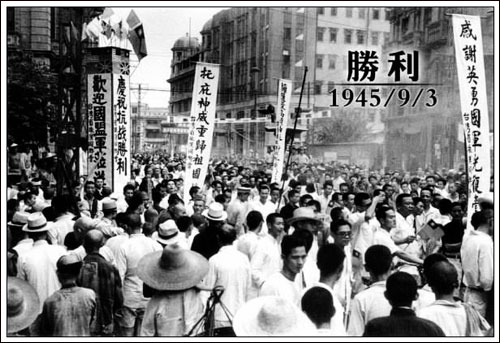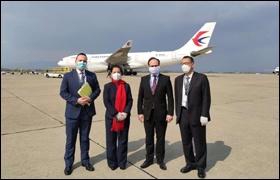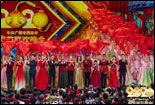Zašto je rat otpora nacionalna prekretnica od pada na novi ciklus?

Foto: Arhiva
Looking back on the humiliation and tragedy that spanned almost a century of modern Chinese history starting from the Opium War of 1840–1842, it is difficult to name any world power that did not participate in invasion and plunder in China. In spite of efforts by the Chinese time and again to resist this aggression, not a single war ended without China suffering defeat. But the War of Resistance was to be a different story. The Chinese people came together, creating a great nationwide force for resistance against Japanese aggression and eventually securing complete victory for the first time in China's modern history in a war for national liberation.
The War of Resistance awakened and united the Chinese nation. It gave rise to the tremendous enthusiasm of all Chinese people for united resistance against foreign aggression, while at the same time demonstrating a noble spirit of resistance fueled by a strong sense of patriotism. The national awakening and unity witnessed during the War of Resistance was stronger and more extensive than in any other struggle waged by the Chinese people in their modern history, and ultimately determined the evolution and outcome of the war. China's victory in the war recast it from the subordinate position it had been in since the beginning of its modern history when it faced intimidation by imperialist powers. The victory encouraged the Chinese people to recover from the dark chasm of historic adversity and regain their national dignity and confidence. The awakening and unity of the Chinese nation serves as a source of inexhaustible motivation for national rejuvenation and remains an invaluable legacy of the Chinese nation.
The War of Resistance changed China's destiny. From the Opium War of 1840 to the eve of the War of Resistance, China was little more than an object for colonialism on the world stage. The War of Resistance presented a historic opportunity for winning independence and liberation for the Chinese nation. With the great contribution the War of Resistance made to the Global War against Fascism, China regained respect from the international community, improved its international standing, and reestablished its position as a major country on the world stage.
The War of Resistance promoted the historic process of China's new-democratic revolution. This was not only a national war for independence and liberation but also a process of profound social transformation for democracy and progress. For the Chinese Communists, represented by Mao Zedong, the primary consideration was the fundamental interests of the Chinese people. They mobilized, organized, and armed the people, and followed the line of complete resistance by the whole nation, gaining the support of the public, the democratic parties, and patriots without party affiliation. Following the War of Resistance, significant changes took place in the balance of political power in Chinese society. A political foundation was developed and staunch popular support was won for establishing New China and achieving the great rejuvenation of the Chinese nation.
· Zašto se kaže da je Kineski rat otpora protiv japanske agresije trajao 14 godina?
· Zašto je KPK bila uporište kineskog ujedinjenog otpora?
· Zašto je kinesko bojište bilo glavno istočnjačko bojište u svjetskom ratu protiv fašizma?
· Koji je incident obilježio početak rata protiv otpora?
· Kako je osnovana marionetska država Mandžukuo?
· Što je obilježilo početak kineskog nacionalnog otpora?
· Kako je KPK upravljala ratom otpora?
· Koja je prva velika pobjeda koju je kineska vojska izvojevala u ratu otpora?
· Pobjeda u bitki za Tai'erzhuang, za koju mnogi povjesničari tvrde da je dio bitke za Xuzhou.
· Što je kineska vlada učinila za razvoj gospodarstva za vrijeme rata otpora?
· Što se događalo s kineskom diplomacijom nakon početka narodnog rata otpora?
· Kako su Kinezi u domovini sudjelovali i podržavali rat otpora?
· Kako su Kinezi izvan domovine pomagali u kineskom ratu otpora?
· Kako je ostatak svijeta podržao kineski rat otpora?
· Koje su nove taktike razvijene u kineskom gerilskom ratovanju protiv japanske agresije?
· Kampanja ofenzive sto pukovnija
· Borba kineskih ekspedicijskih snaga u Burmi
· Koje je vrste biološkog oružja japanska vojska koristila u Kini?
· Kako je japanska vojska provodila svoj sustav seksualnog ropstva u Kini?
· Kako je Kina sudjelovanja u osnivanju Ujedinjenih naroda?
· KPK je pokrenula prvu stratešku protuofenzivu na kineskom bojištu
· Proslava japanske predaje i prihvaćanja u Kini
· Narodni tajvanski otpor protiv Japanaca i oporavak Tajvana
· Kako se sudilo japanskim ratnim zločinima?




















